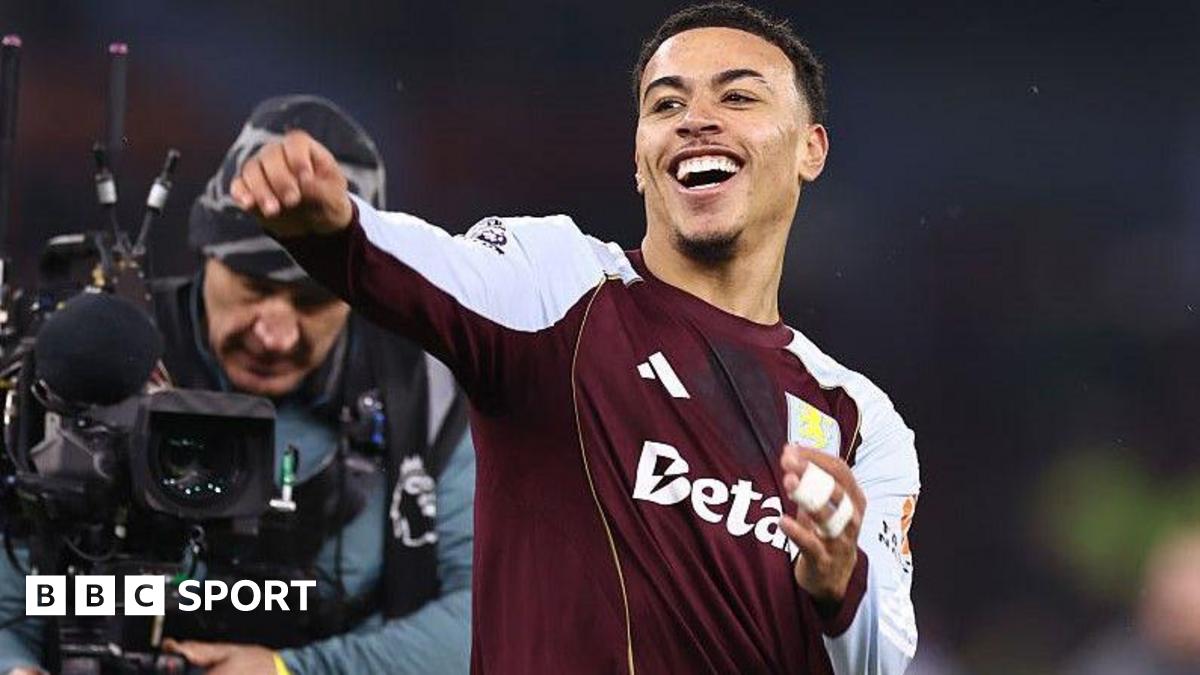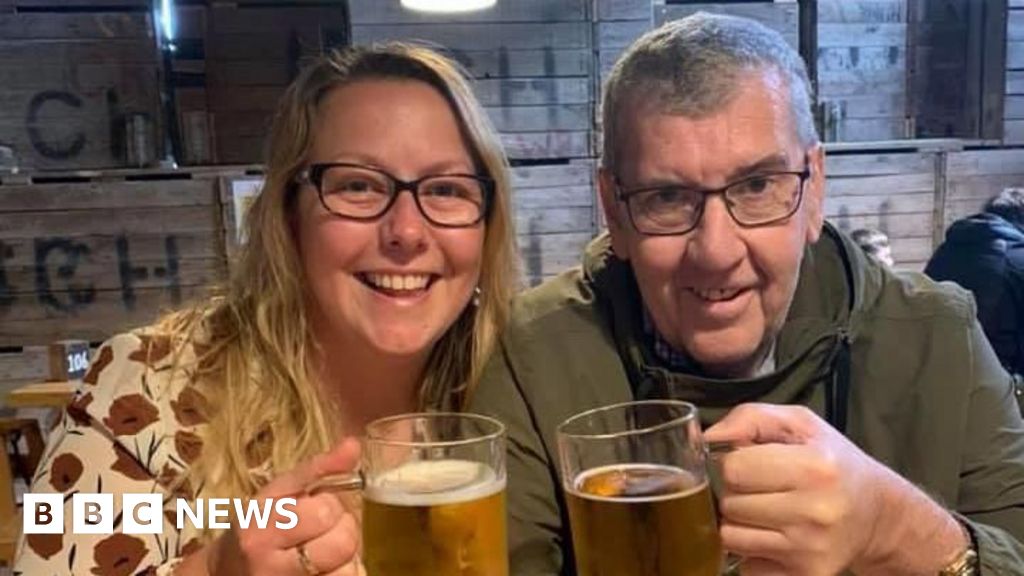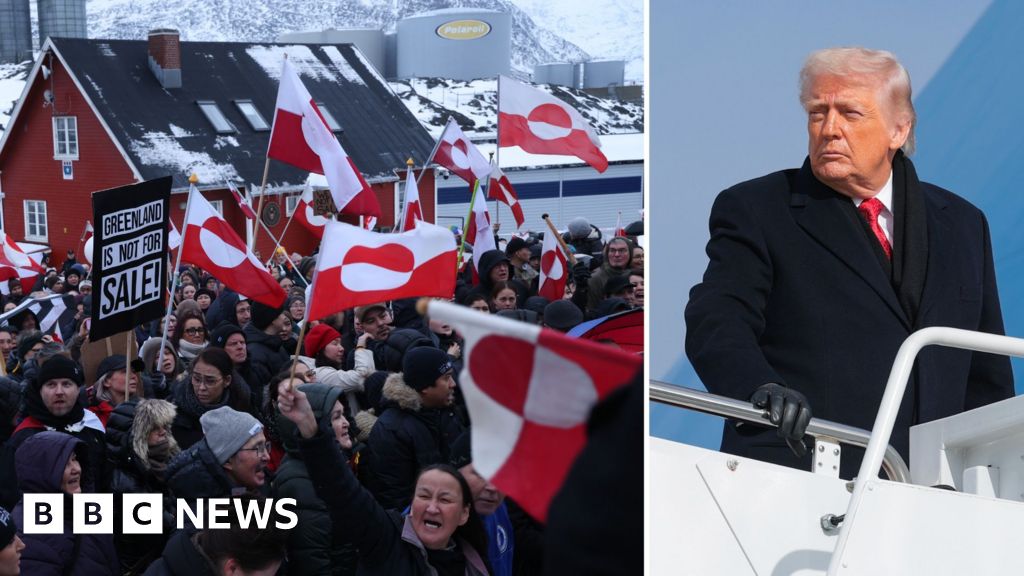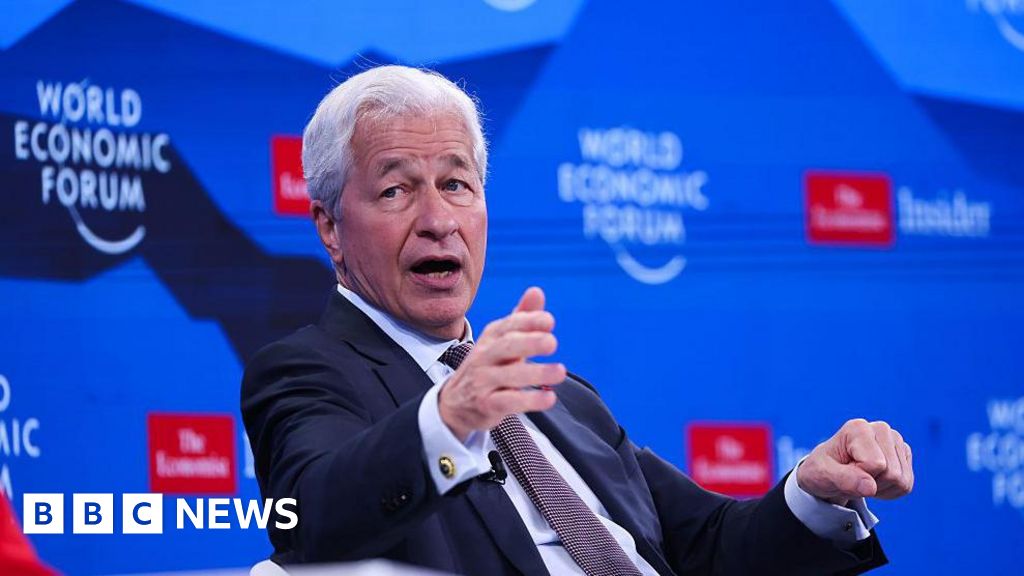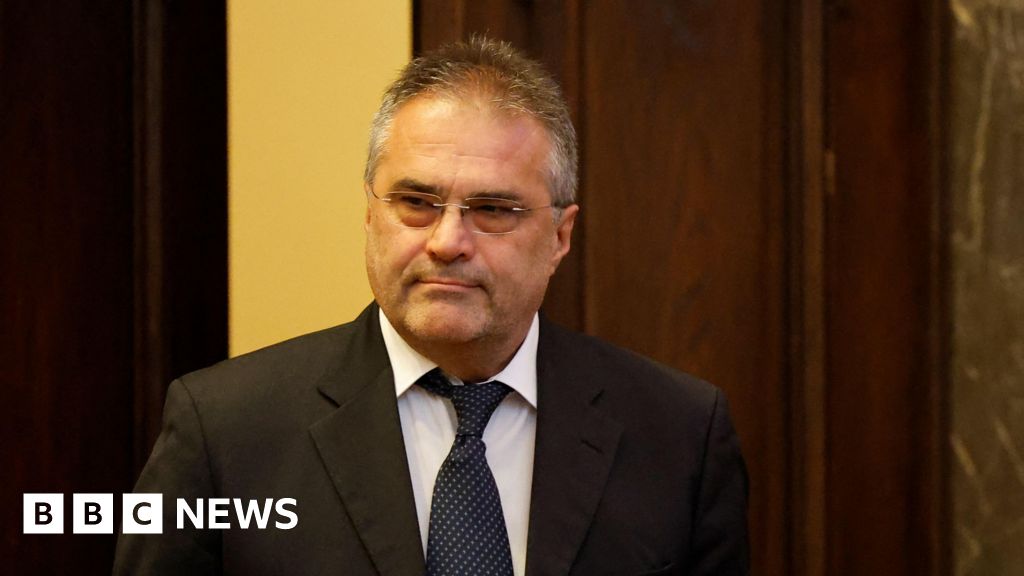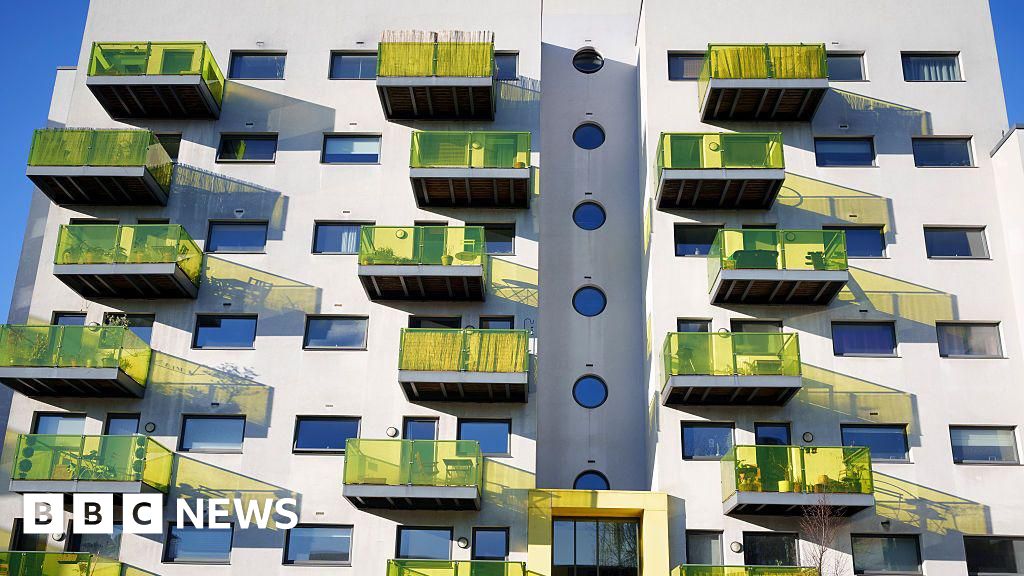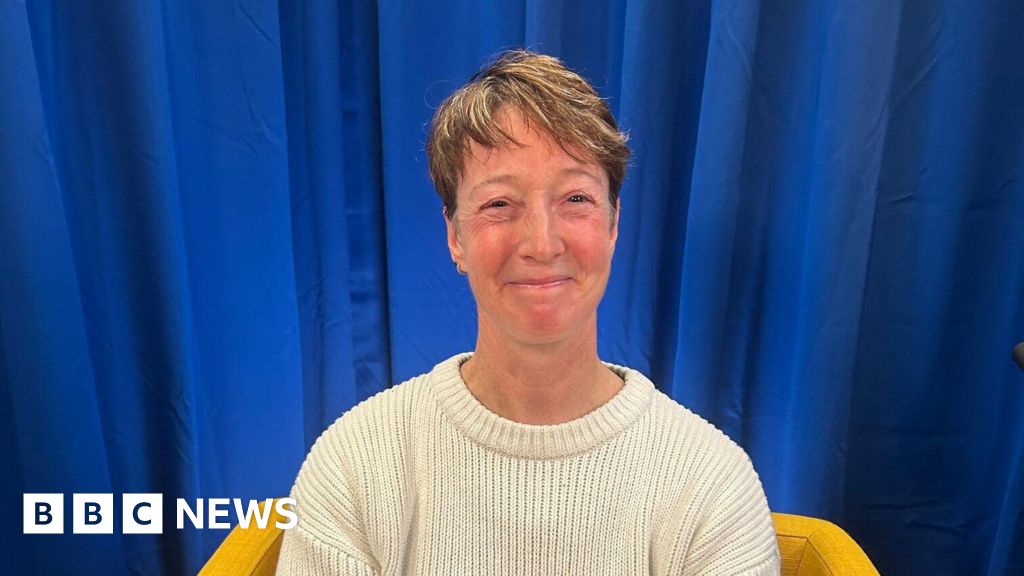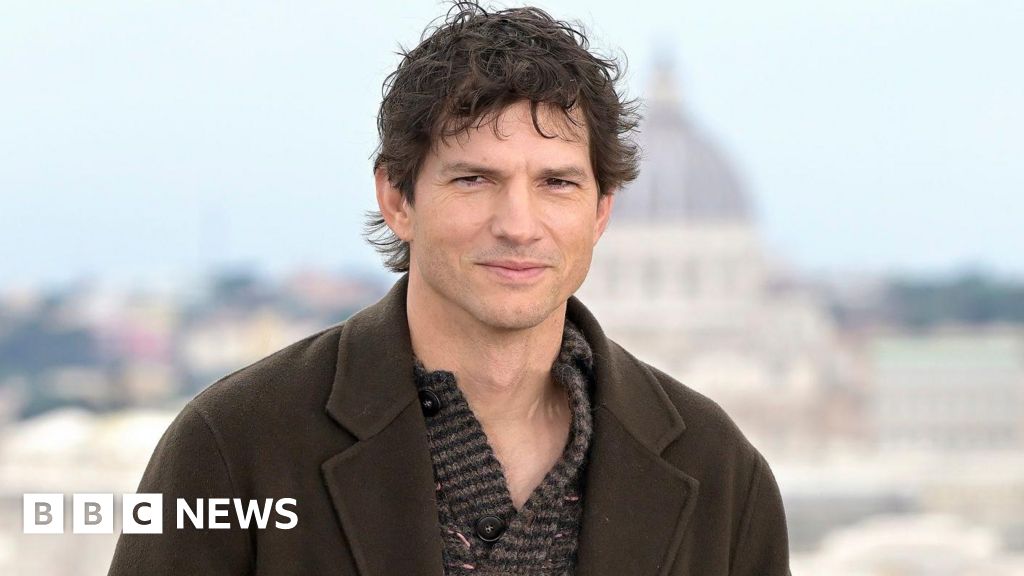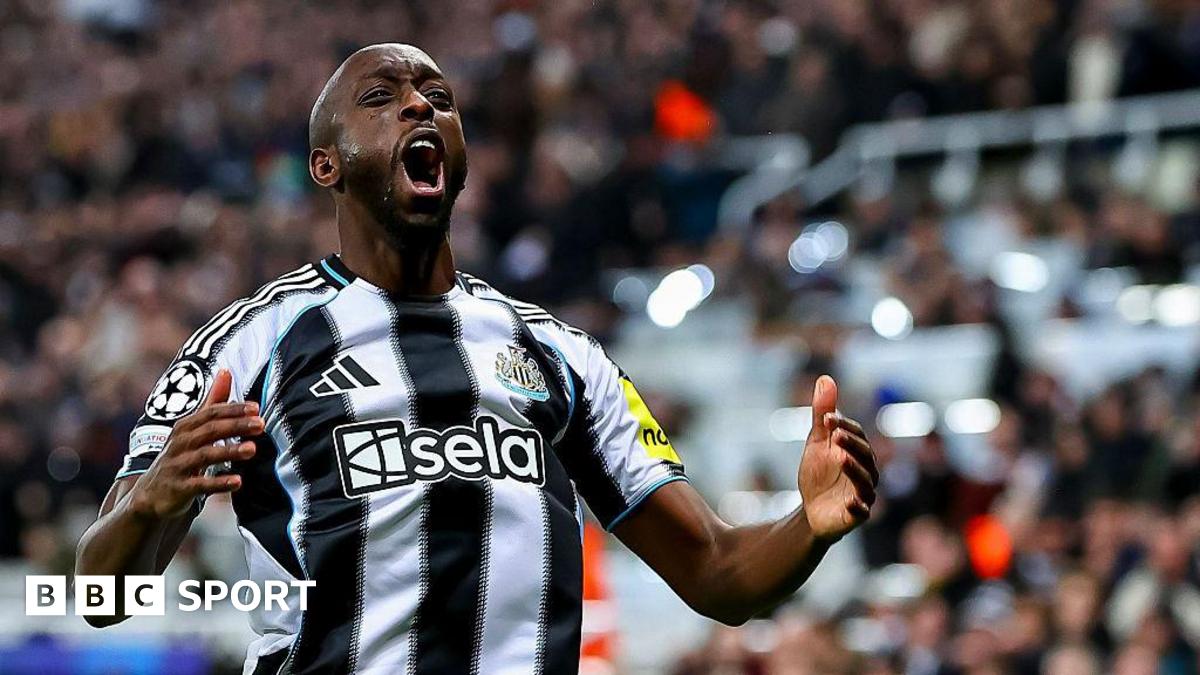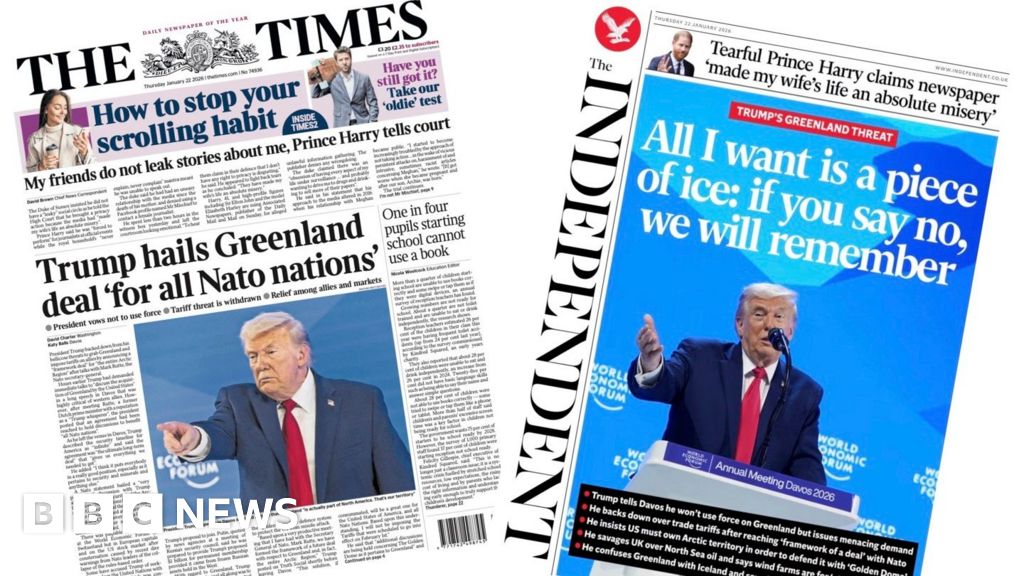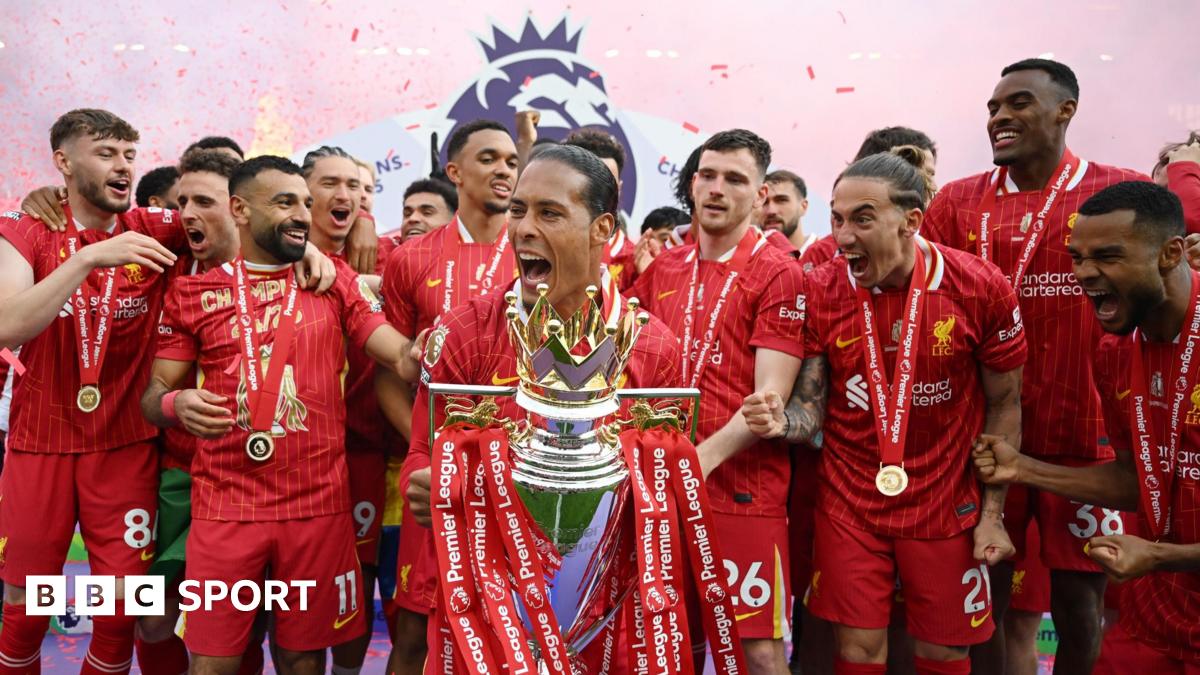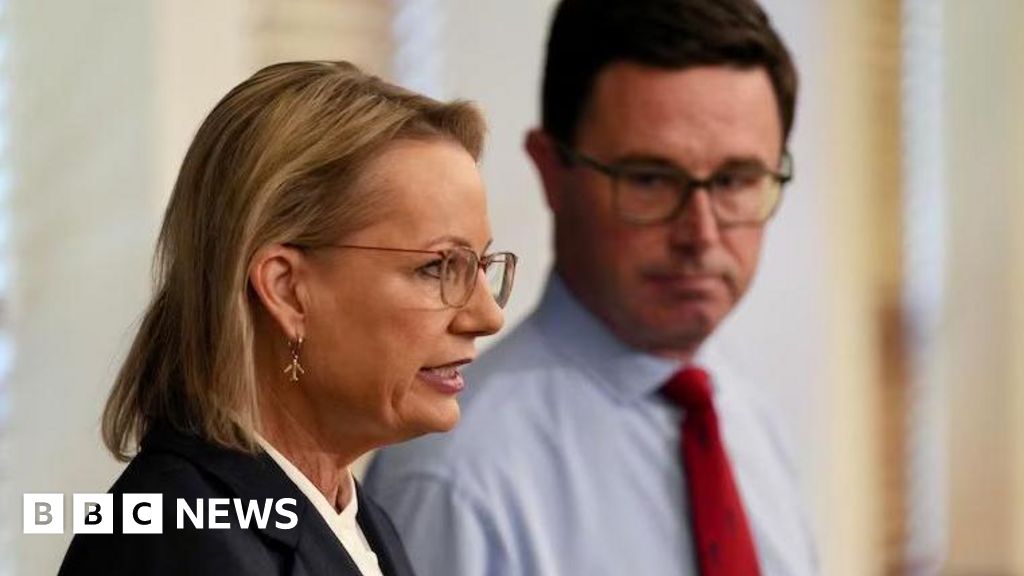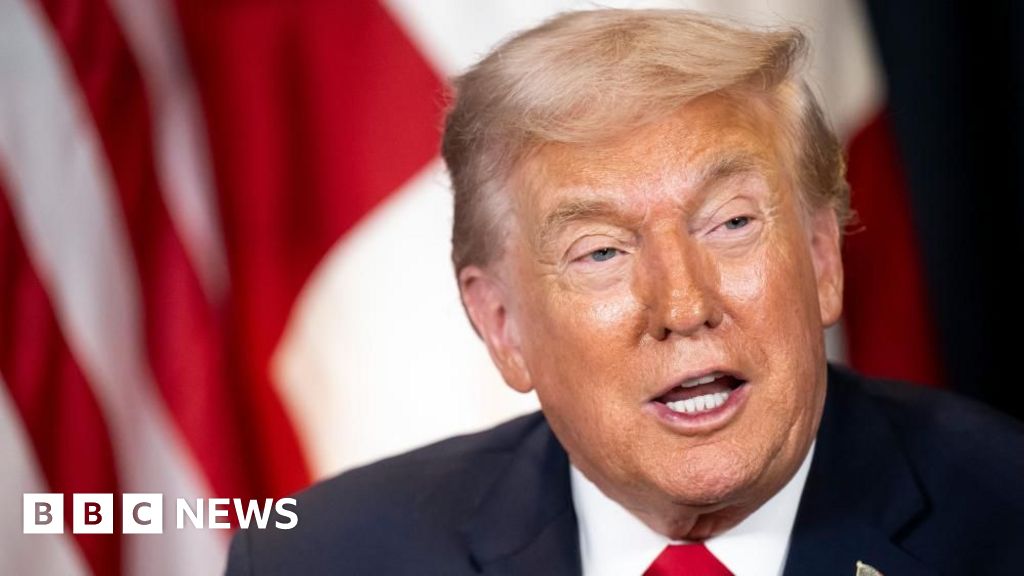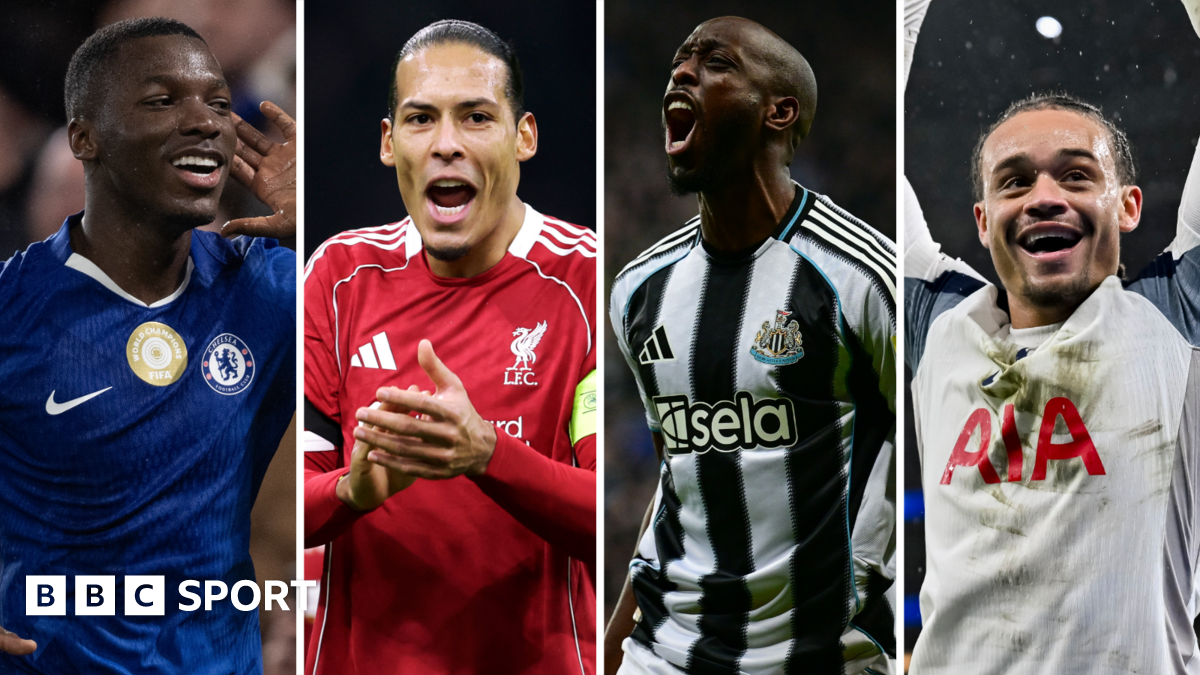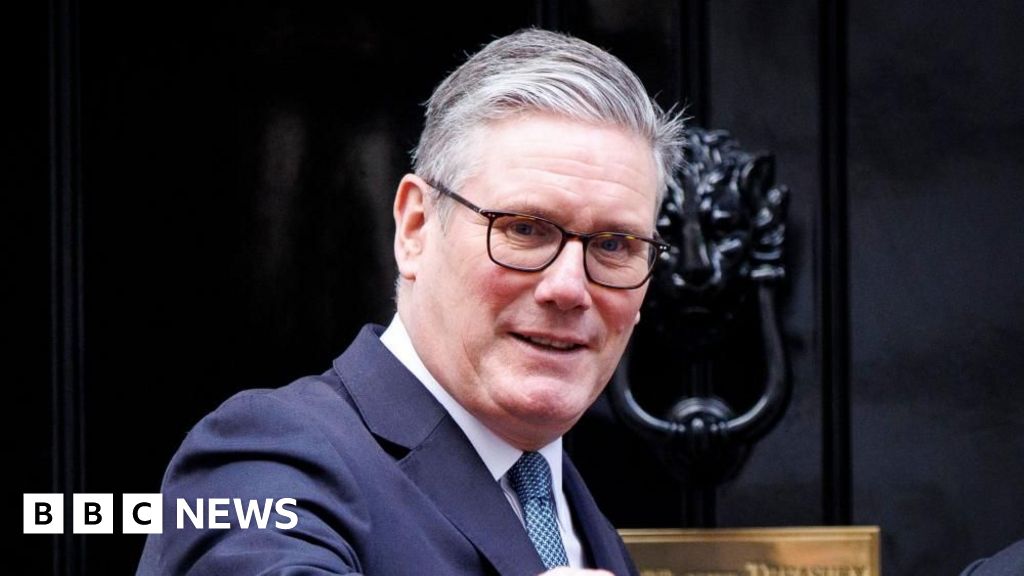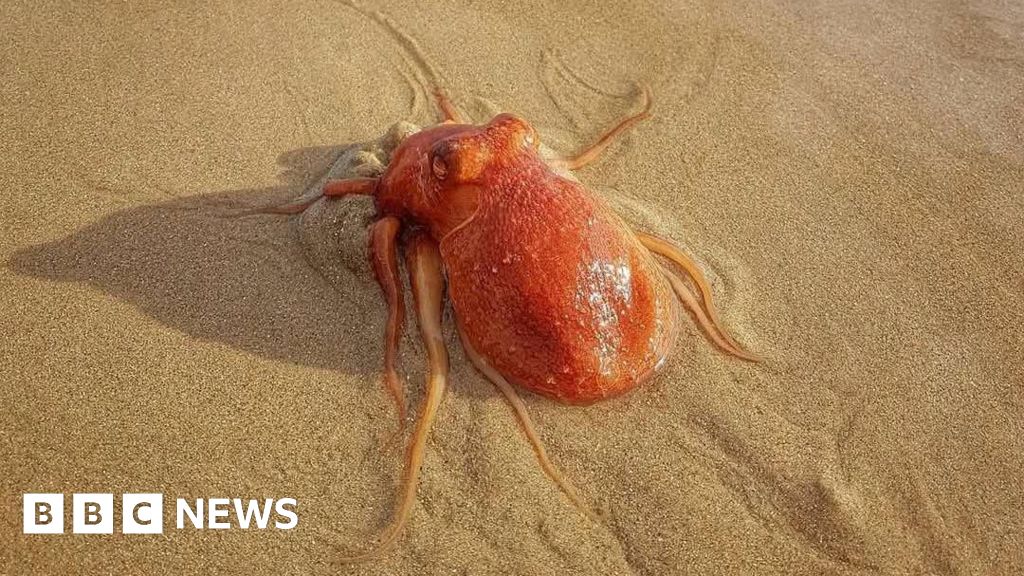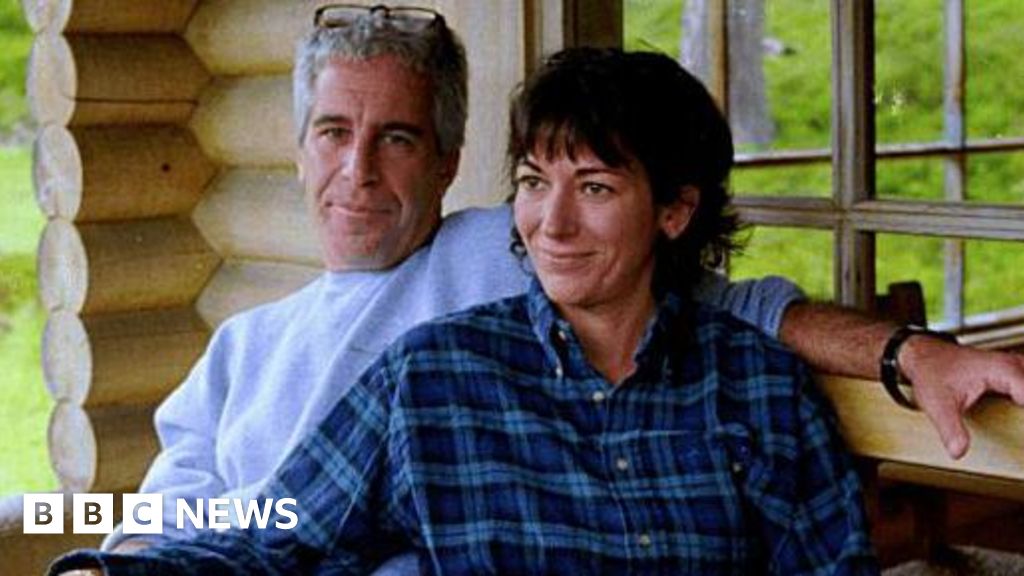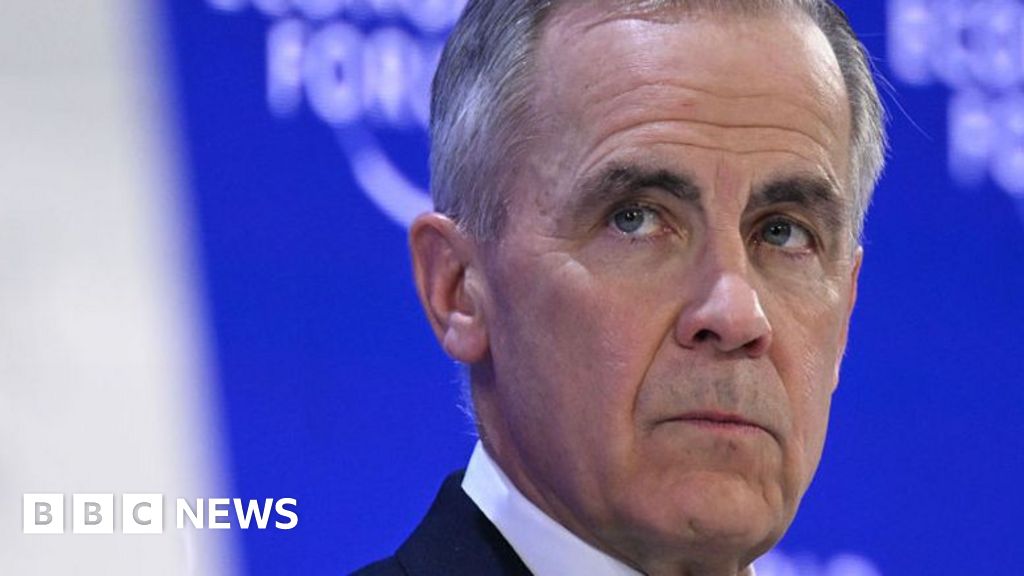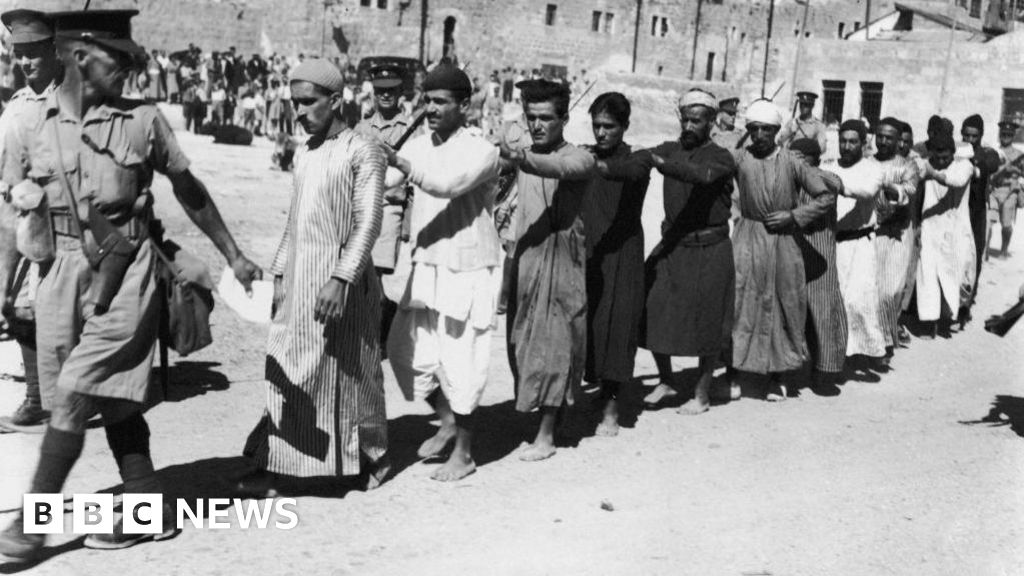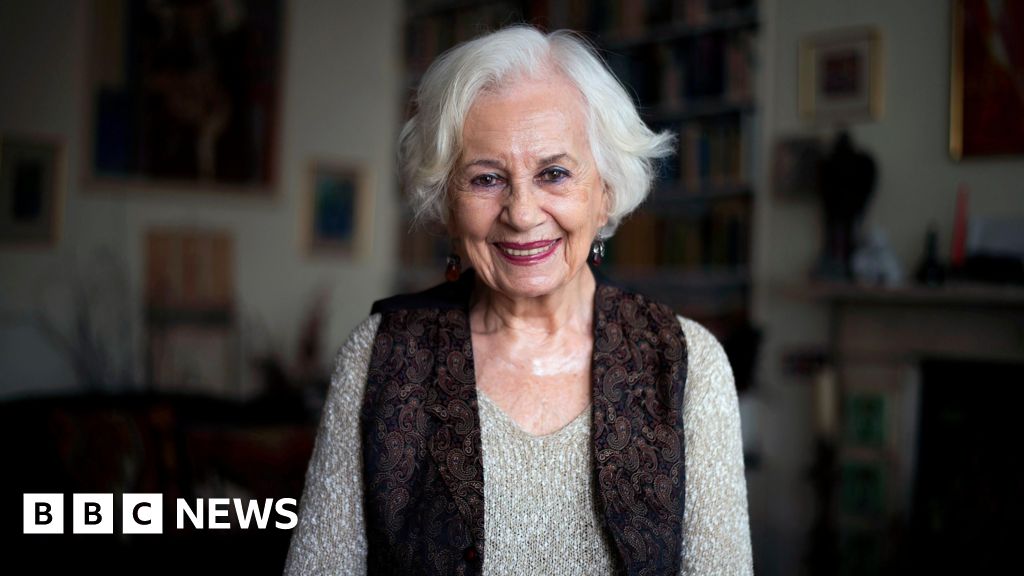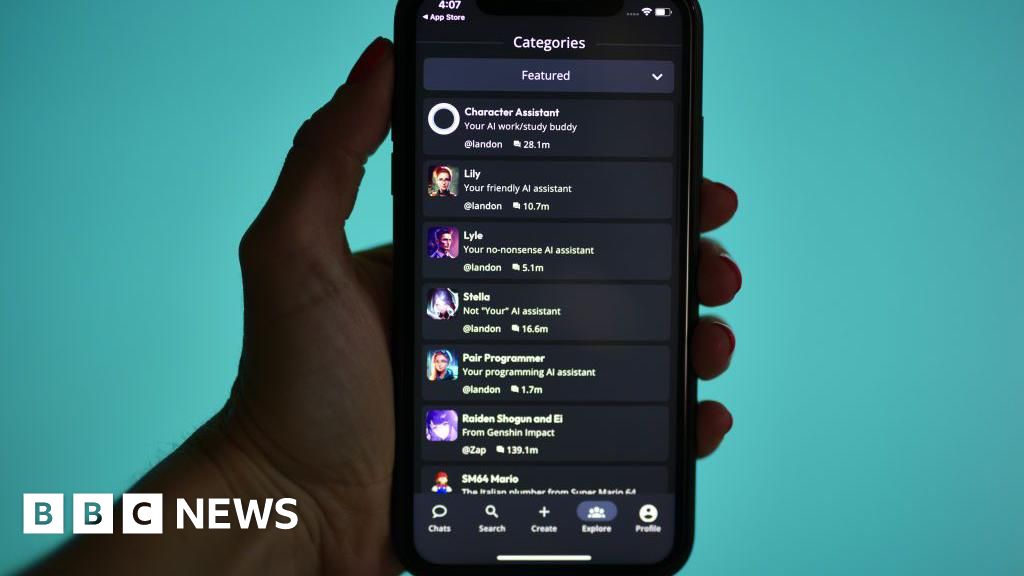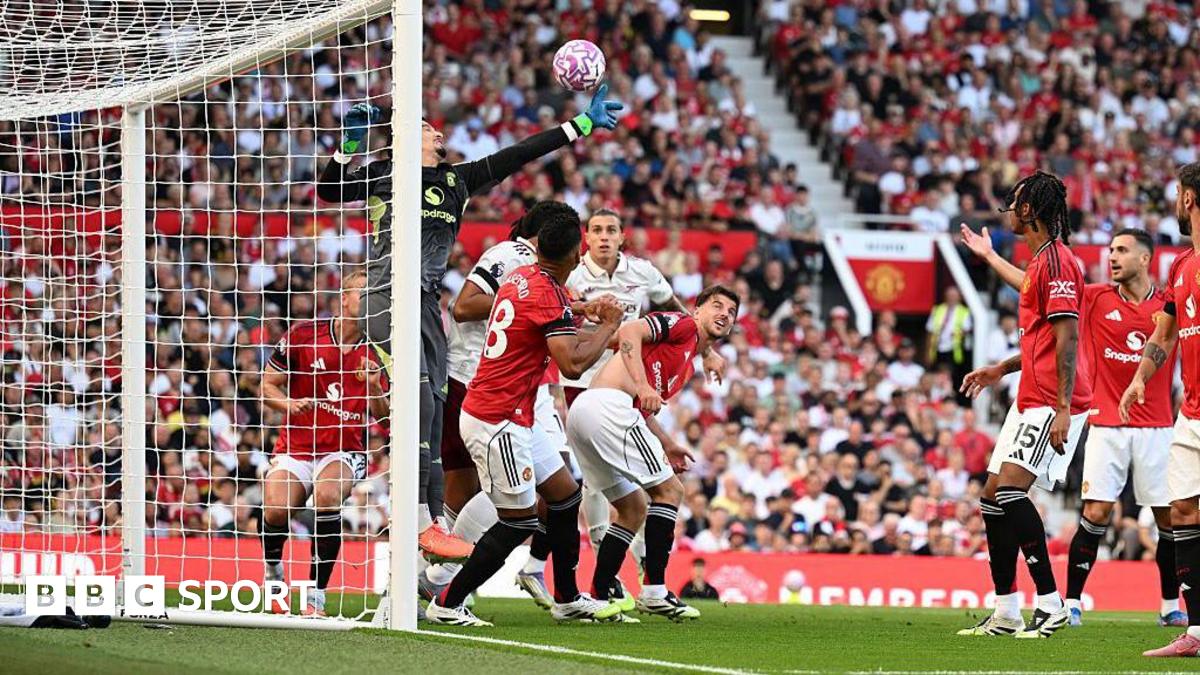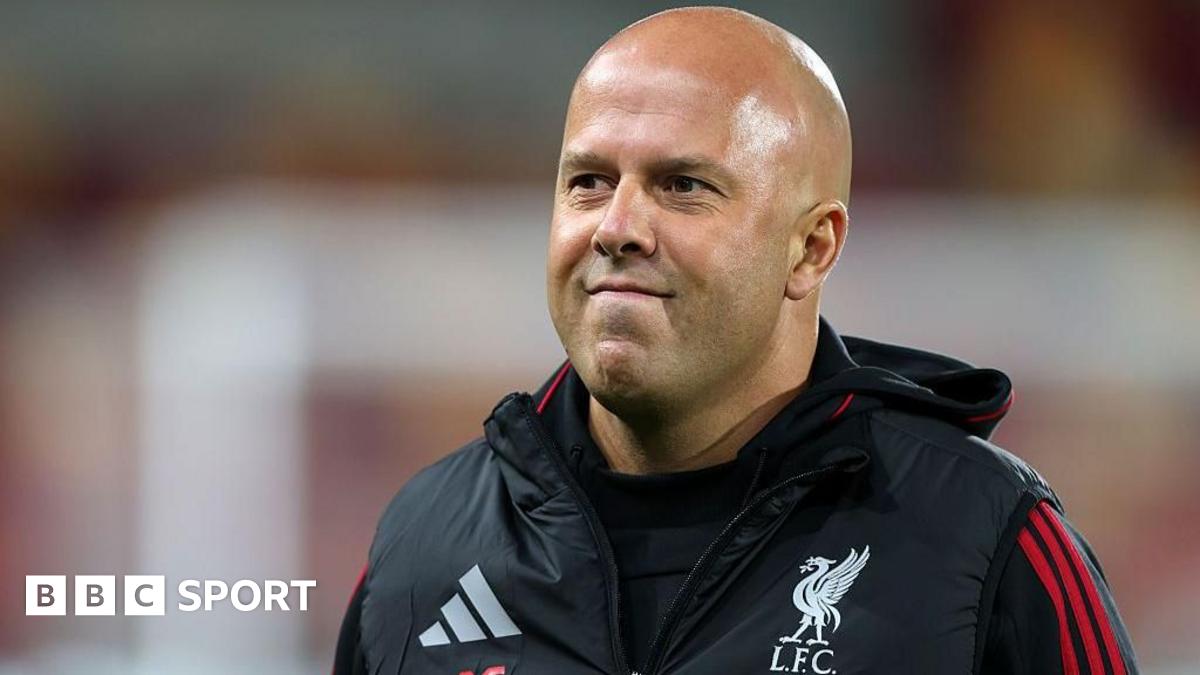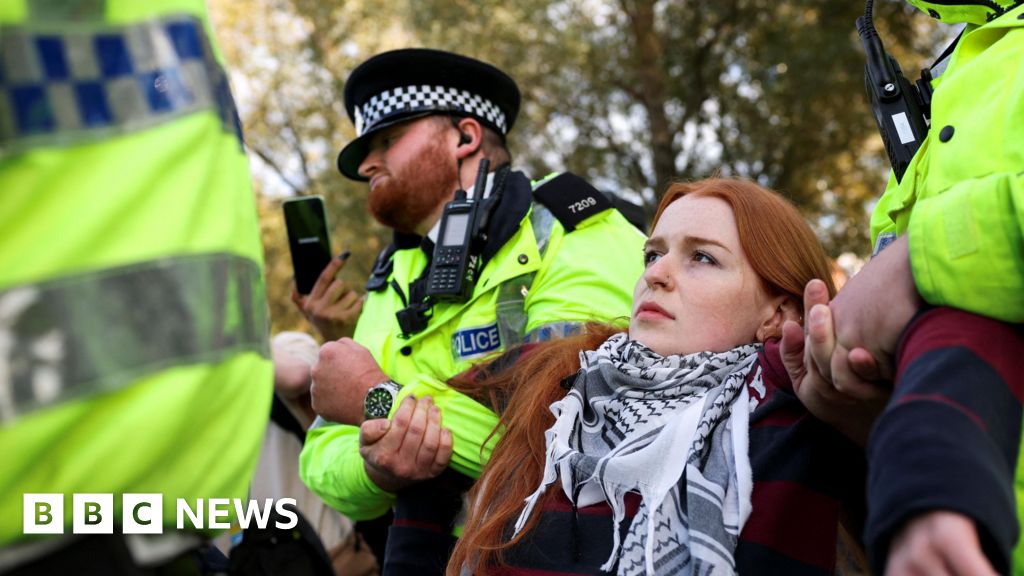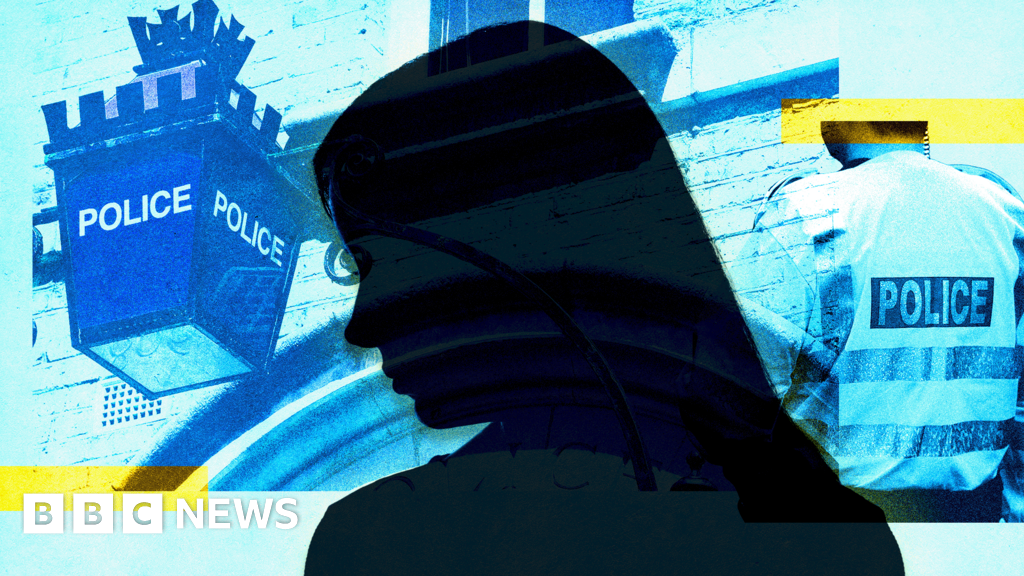Helen CattPolitical correspondent and Chris MasonPolitical editor
The row over why the case of two men accused of spying for China collapsed continues to rumble on and on for the government (not least, of course, because the opposition senses it is worth stoking).
The government does seem to have painted itself into a corner over the release of witness statements related to the case.
Suggesting that the Crown Prosecution Service was stopping their release, only for the CPS to say they weren't, makes it very awkward to do anything other than publish them.
At Prime Minister's Questions, Sir Keir Starmer clarified that the government would do just that.
The PM saw those documents for the first time this morning.
It was an unusual start to the weekly question session - with the prime minister making that pledge in a statement, rather than in response to questions from the Conservative leader, Kemi Badenoch - something Badenoch was not expecting.
There is an additional question, though, over whether the statements will really change anything.
Unless they show something radically different to the situation that has so far been discussed, the central allegation here hasn't been that the government toned down evidence, but that it perhaps could have provided more and chose not to.
The government maintains that's not the case and the publication of the statements may not shed any more light on that.
Of course, these documents could put some more pressure on the CPS, as opposed to politicians.
Let's see.
Barring any surprises, it is unlikely to draw a line under this story - for the government or for those asking the questions.
The Conservatives have been keen to keep up the pressure.
There is danger though. The government's response throughout this has been to claim it was the Conservatives' position on China and the state of legislation which they did not change that is to blame.
After PMQs, there are briefings with the prime minister's team and Badenoch's team.
This week, they lasted around an hour and 20 minutes.
That, for the avoidance of doubt, is a long time by the standards of these things.
The documents coming later - and it looks like that will be later today - sound like they'll be quite chunky.
What else have we learnt?
The final submission of evidence from the government's deputy national security adviser was submitted on 4 August this year.
On 1 September, the National Security Adviser, Jonathan Powell, and the most senior civil servant at the Foreign Office, Sir Oliver Robbins, held a meeting in which what is described as the "bilateral handling" of the then forthcoming court case was discussed.
In other words, how to deal with China when a big, high profile court case about alleged spying is under way.
The government maintains that this meeting didn't get into the evidence relating to the case.
The Conservatives say hang on, No 10 hasn't always been clear about this meeting — and it is a meeting that happened before the case collapsed on 15 September.
They are now demanding the minutes of that meeting are published.
The prime minister did find out the case was collapsing two days before it did, but those in government won't say how he found out.
All of this just reinforces how complicated the detail of this story is and how much longer the questioning of it might go on.

 3 months ago
80
3 months ago
80
